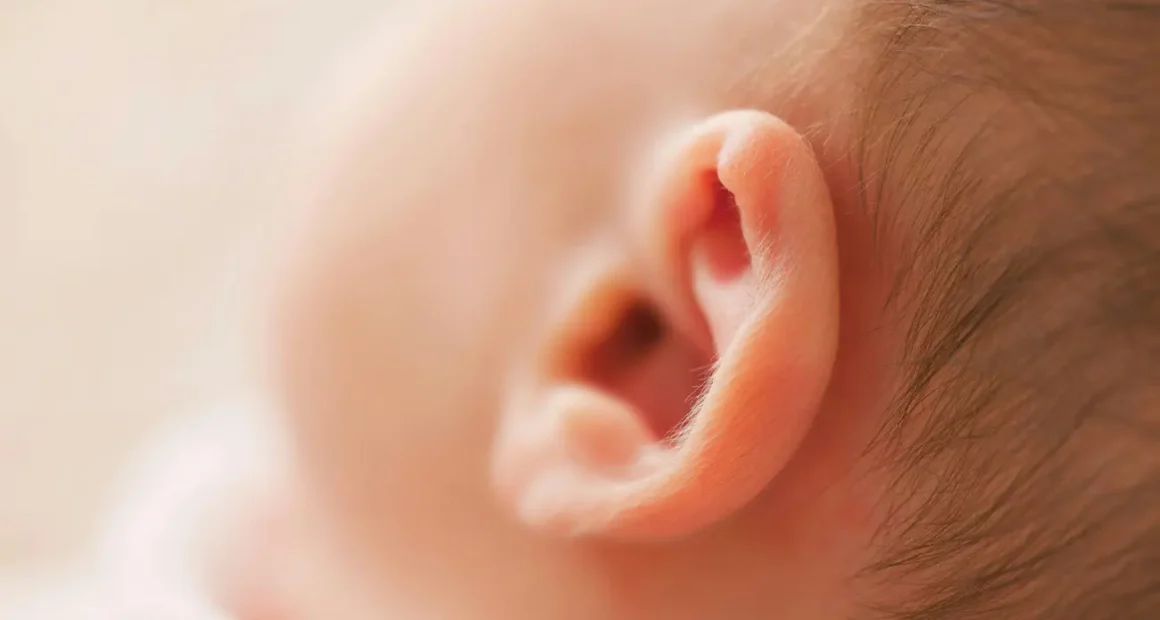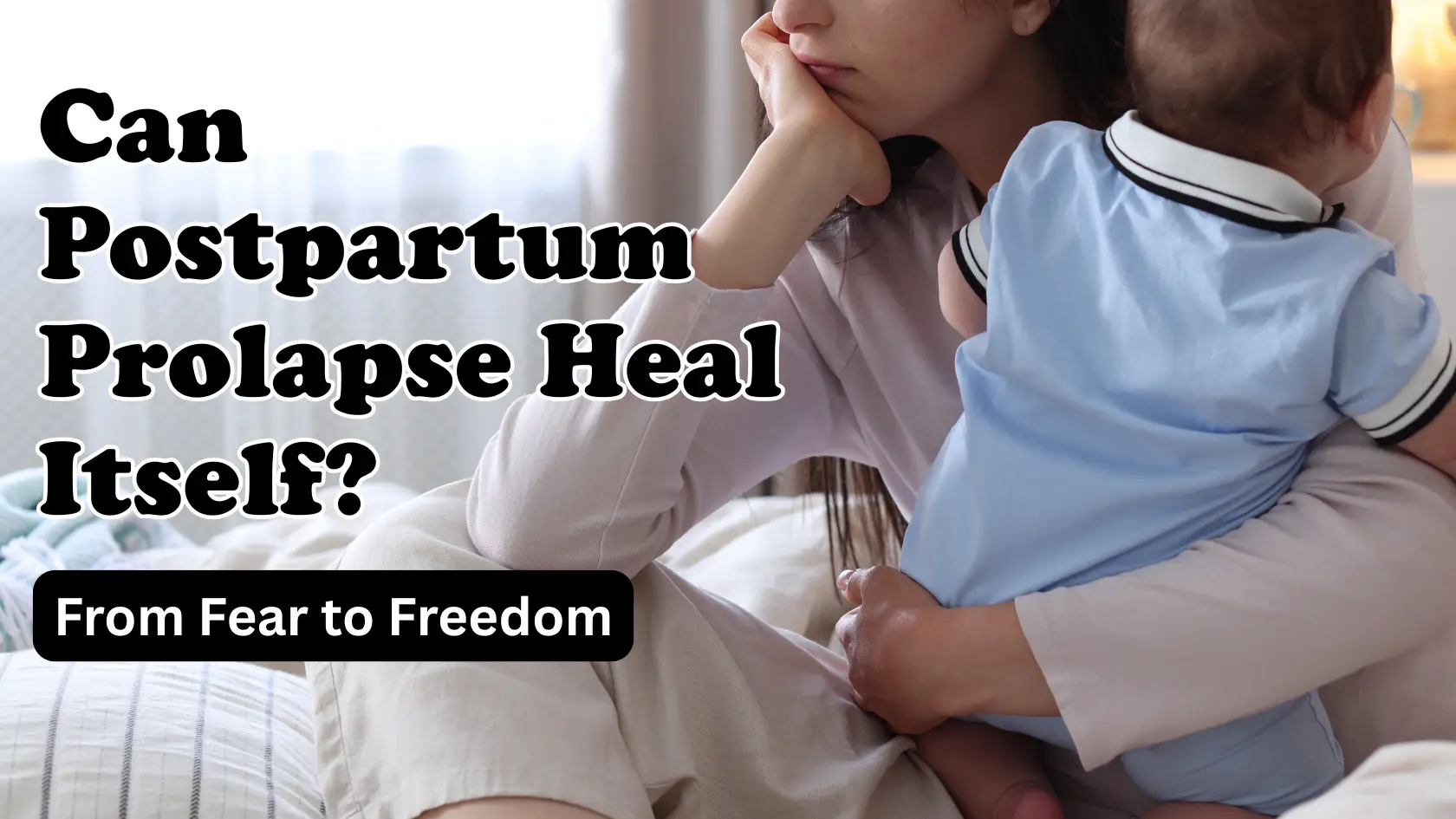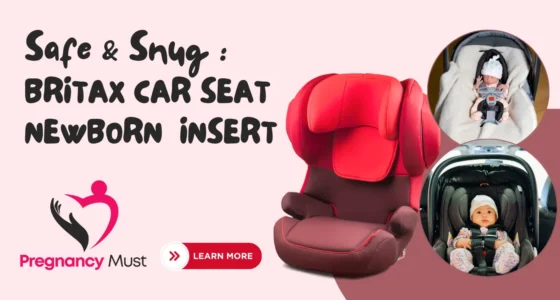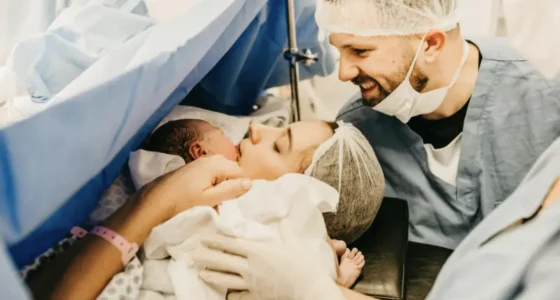Baby Exposed to Loud Music at Wedding
Introduction
Weddings are enchanted. It’s all so vivid and lively—the dancing, the laughter, the love in the air. It’s all so vibrant. But for new parents, joy can quickly turn into anxiety when they notice their baby squirming or crying amidst the booming speakers. If you’ve found yourself asking, “Did that loud music hurt my baby?”—you’re not alone.
This isn’t just a noise complaint. It’s an emotional rollercoaster. And today, we’re going to walk through that moment together—what it means, how to cope, and what to do next.
Table of Contents
- Baby Exposed to Loud Music at Wedding
- Introduction
- Understanding a Baby’s Hearing
- What Happens When a Baby Is Exposed to Loud Music?
- Real-Life Scenario: The Wedding Moment
- How Loud is Too Loud?
- Warning Signs Your Baby Was Affected
- Emotional Toll on Parents
- Expert Opinions
- Protecting Your Baby at Loud Events
- Tips for Attending a Wedding with a Baby
- Alternatives to Bringing Baby
- What to Do If Your Baby Was Already Exposed
- Healing Emotionally as a Parent
- Raising Awareness in Your Circle
- Conclusion
- FAQs
Understanding a Baby’s Hearing
How newborn hearing works
Babies are born with all the little parts they need to hear the world—but they’re incredibly delicate. Their tiny ears are still developing, and their hearing is much more sensitive than ours.
Why infants have heightened auditory sensitivity
Imagine being able to hear with an integrated amplifier. Your baby perceives sound in this way. For them, a loud, enjoyable beat could seem like thunder crashing.
What Happens When a Baby Is Exposed to Loud Music?
Immediate reactions you might notice
Your baby might cry suddenly, flinch at every beat, or seem overwhelmed. You may notice them trying to turn away or even go silent—startling signs for any parent.
Long-term consequences of repeated exposure
Frequent or intense exposure to loud music can cause permanent hearing damage, speech delays, or increased sensitivity to noise as they grow.
Real-Life Scenario: The Wedding Moment
A parent’s emotional story
“I was so excited to show off my baby at my cousin’s wedding,” says Jenna, a new mom from Chicago. “But the moment we entered the dance floor, he screamed like he was in pain. I felt my stomach drop.”
When celebration turns into concern
What started as celebration quickly became distress. The music was too loud. There was nowhere quiet to go. And suddenly, the guilt set in—Did I just hurt my baby?
How Loud is Too Loud?
Decibel levels and danger zones
Experts say anything above 85 decibels (about the sound of a hair dryer) is risky for prolonged exposure. Wedding music? Often between 95–110 decibels.
Comparing wedding music volumes to safe levels
- Whisper: 30 dB
- Normal conversation: 60 dB
- Dance floor music: 100+ dB 🚨
That’s like standing next to a lawnmower—for hours.
Warning Signs Your Baby Was Affected
Crying, startling, or covering ears
Watch for frantic crying, constant covering of ears, or startling at soft noises.
Changes in sleep or feeding patterns
Sound trauma might affect your baby’s routine—making them harder to soothe or sleep.
Emotional Toll on Parents
The guilt and worry that follows
It’s a heavy burden. You were just trying to make memories—and now, there’s this haunting worry: Did I mess up?
Coping and seeking reassurance
Breathe. You’re doing your best. And you’re not alone. Many parents have faced this same fear—and come out stronger.
Expert Opinions
What pediatricians say
Dr. Eliza Moore, pediatrician at Mercy Kids, says, “Short-term exposure may not always cause damage, but parents should stay alert and follow up if symptoms appear.” So, a baby exposed to loud music at wedding in the short term may be harmless, but in the long term it can be very dangerous.
Insights from audiologists
Audiologist Maria Chen adds, “Infants don’t have the reflexes to protect themselves from noise like adults. That’s why prevention is key.”
Protecting Your Baby at Loud Events
Noise-canceling headphones for kids
Invest in baby earmuffs—specifically designed to block dangerous levels of sound without discomfort.
Creating a quiet escape zone
Find a quiet room or a hallway you can duck into during loud moments. Even 10-minute breaks make a difference.
Tips for Attending a Wedding with a Baby
Preparing in advance
Talk to the couple. Ask about the sound setup. Plan for an early exit if needed.
Choosing the right seat and time
Avoid sitting near speakers. Arrive early and leave before the party gets wild.
Alternatives to Bringing Baby
Trusted caregiver at home
If the event will be loud and long, consider letting your little one stay with grandma or a sitter. You deserve to celebrate, too—without anxiety.
Attending part of the event
Pop in for the ceremony and skip the dance floor. Capture memories, minus the decibels.
What to Do If Your Baby Was Already Exposed
When to seek medical advice
If your baby seems extra fussy, sensitive to noise, or unresponsive to sound, don’t hesitate—see a pediatrician or audiologist.
Monitoring and follow-up care
Even without obvious symptoms, schedule a follow-up hearing test if you’re worried. Peace of mind is worth it.
Healing Emotionally as a Parent
You’re not alone
Thousands of parents have been here. The fear, the guilt—it’s valid. But it doesn’t define you.
Supporting each other in parenthood
Talk to other parents. Share your story. You might be the reassurance someone else needs.
Raising Awareness in Your Circle
Talking to friends and family
Help others understand that loud events and babies don’t mix. Not out of fear—but love.
Helping future events become baby-friendly
Suggest low-volume zones, baby stations, or quiet hours. Little changes go a long way.
Conclusion
When the music fades and the party ends, all that remains is love—and maybe a bit of regret. But every parent learns. Every parent worries. And every parent grows from moments like these.
Your concern means you care. And caring parents raise thriving children.
So whether you’re planning your next outing, recovering from a tough moment, or just looking for reassurance—take this as your sign: You’re doing great. Here is more about newborn care.
FAQs
1. Can a single exposure cause permanent damage?
In most cases, one-time exposure won’t cause lasting harm—but it can if the volume was extreme. It’s always best to monitor your baby afterward.
2. Do baby earphones work as intended?
Indeed! Pediatricians frequently recommend certified infant earmuffs, not ordinary headphones, because they can lower harmful noise levels.
3. What is the average volume of wedding receptions?
Volumes on dance floors frequently exceed 100 dB, which is significantly higher than what is healthy for newborns.
4. Should I stay away from any musical events?
Not at all! Simply prepare ahead of time, pack hearing aids, and locate more peaceful spots to congregate when the music begins.
5. What if I didn’t immediately observe any symptoms?
Certain symptoms could be mild or delayed. Make an appointment for a pediatric hearing test if you’re not sure.
Now that we’ve learned about the baby exposed to loud music at wedding, let’s hold onto this knowledge to protect their delicate little ears and cherish every joyful moment—safely.









